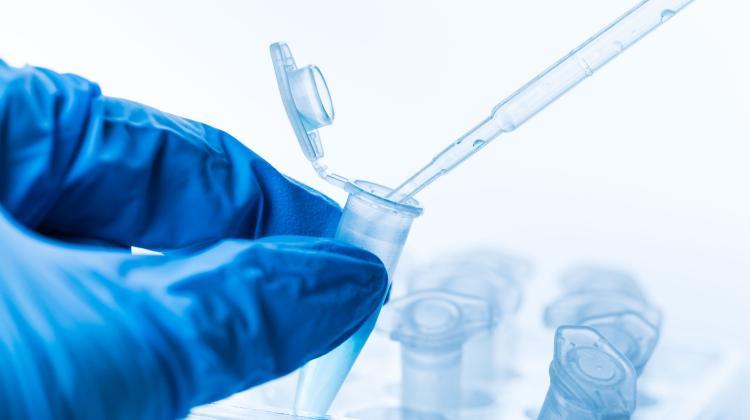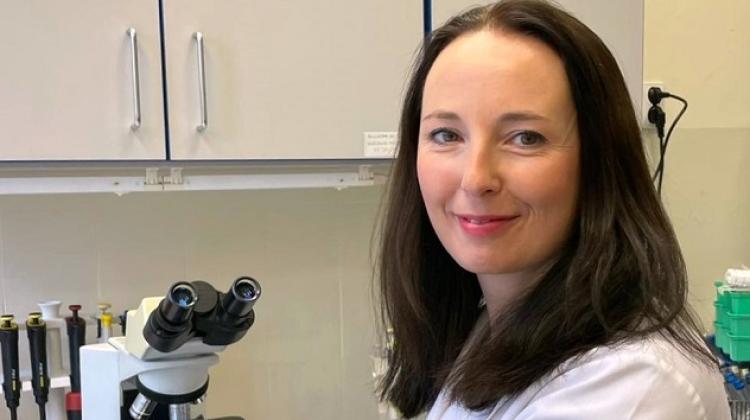University of Gdańsk chemists develop and patent new anti-cancer substances
 Credit: Adobe Stock
Credit: Adobe Stock
A team of Polish scientists has developed and patented two types of new compounds with anti-cancer properties which inhibit the division of neoplastic cells more effectively than previously used cytostatics.
The discovery concerns two groups of new substances based on derivatives of a chemical compound called anthraquinone and molecular systems containing anthraquinone rings. Two patents awarded by the Patent Office of the Republic of Poland to the Faculty of Chemistry of the University of Gdańsk include both new substances and systems, as well as the method of their preparation.
Dr. Niedziałkowski from the Faculty of Chemistry of the University of Gdańsk said: “In vitro studies show that these compounds exhibit the ability to break the drug resistance of cancer cells in relation to drugs commonly used in cancer therapy.
“It means that in the future the above compounds may prove effective in the treatment of neoplastic diseases when the currently used drugs fail to have a therapeutic effect. This fact may also contribute to increasing the effectiveness of currently used therapies.”
He added that the patented compounds, invented at the University of Gdańsk, constitute 'a new group of molecules with potential application as new pharmaceuticals'.
Team member Professor Tadeusz Ossowski told PAP that anthraquinone is common in nature, and compounds based on it are already widely used today as cytostatics, i.e. drugs that inhibit the division of cancer cells. He added that the substances were “obtained with previously unused methods of chemical synthesis” and that ‘New methods of producing anthraquinone derivatives enable their faster and more efficient production.”
According to Dr. Karol Śledzik, head of the Technology Transfer Centre at the University of Gdańsk, both patents have been included in the Centre's offer database and the Centre will now look for partners interested in further research on new compounds.
However, he added that were still along way from being able to use the drug as “it takes 40 years and a billion dollars to develop a cancer drug.”
PAP - Science in Poland, Anna Kisicka
aks/ ekr/ kap/
tr. RL
Przed dodaniem komentarza prosimy o zapoznanie z Regulaminem forum serwisu Nauka w Polsce.














